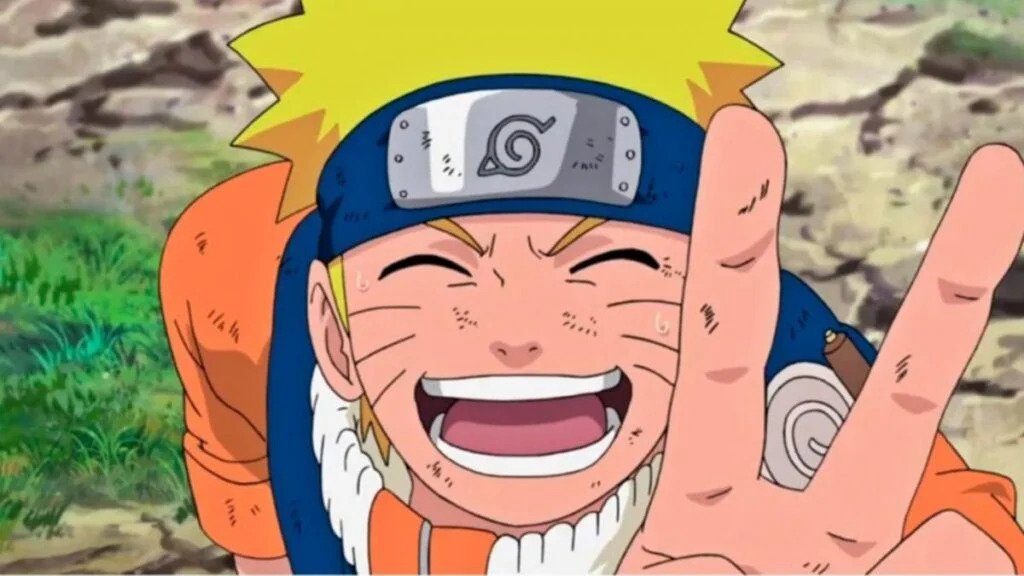Understanding Naruto Uzumaki: The ENFJ-T Protagonist of the Renowned Anime
Naruto Uzumaki, the central character of the beloved anime series Naruto, is renowned not just for his impressive ninja skills but also for his vibrant personality and unwavering faith in others. His journey from a lonely child in the Hidden Leaf Village to a globally recognized hero encapsulates a rich tapestry of resilience, hope, and ambition. One particularly insightful way to explore his character is through the lens of the Myers-Briggs Type Indicator (MBTI). According to this personality framework, Naruto embodies the traits of an ENFJ-T, often referred to as "The Protagonist."
Naruto as an ENFJ-T: The Natural Leader
Naruto’s personality aligns exceptionally well with the ENFJ-T classification. This acronym signifies an extroverted, intuitive, feeling, and judging individual who exhibits emotional turbulence. ENFJs are typically charismatic, idealistic, and driven by deep moral convictions. They are natural leaders who inspire those around them with their genuine desire to protect and uplift others.
What sets Naruto apart from other action heroes is his profound sense of justice and empathy. Rather than merely seeking to defeat adversaries, his aim is to transform them. This is poignantly illustrated through his use of "talk no jutsu," a narrative device that showcases his ability to reach out to villains, striving to convince them that goodness still exists within them.
Distinctive Traits of the ENFJ Personality Reflected in Naruto
From a young age, Naruto possesses a clear understanding of morality, maintaining his convictions even when faced with rejection. His relentless optimism and determination propel him forward, regardless of obstacles. True to the ENFJ archetype, he often acts more on emotion than logic, leading with his heart, especially in challenging situations.
However, this personality type often grapples with internal conflict, characterized by insecurity and the fear of disappointing others. Naruto frequently reveals such struggles, particularly when he feels he has failed to protect his friends or avert tragedy. Despite these emotional challenges, his resilience and capacity for hope make him a beacon of inspiration for those around him.
The Protagonist’s Impact on Naruto’s Narrative
Throughout the series, Naruto’s role extends far beyond being the titular character. He serves as the moral cornerstone of the storyline. His unwavering belief in the potential of others significantly alters the trajectories of numerous key characters. A notable example is Gaara, whose encounter with Naruto prompts him to reevaluate his life choices, ultimately leading him to become a respected ally and leader.
Another defining moment occurs when Naruto persuades Tsunade, who is engulfed in grief and skepticism, to accept the position of Hokage. This act of encouragement illustrates the quintessential ENFJ trait of transforming one’s environment through empathy and inspiration.
Perhaps the most compelling illustration of Naruto’s ENFJ characteristics is his relationship with Sasuke Uchiha. Despite facing repeated betrayals and conflicts, Naruto never wavers in his commitment to his friend. He firmly believes in Sasuke’s inherent goodness and fights tirelessly to bring him back—not out of obligation, but from a belief that redemption is possible for anyone. This conviction is deeply aligned with the essence of a Protagonist.
The Struggles of an ENFJ in the Ninja World
While Naruto’s ENFJ traits contribute to his strengths, they are not without their pitfalls. One significant drawback is the tendency to shoulder the emotional burdens of others, often leading to burnout. Throughout the series, Naruto grapples with the overwhelming weight of this responsibility, particularly when he feels powerless to save those he cares about.
Additionally, his steadfast adherence to his ideals can make him inflexible. Naruto’s unwavering belief in his vision of justice might lead him to overlook alternative perspectives, setting the stage for conflict—especially with characters who do not share his worldview.
The Journey Through Naruto Shippuden
The continuation of Naruto’s story unfolds in Naruto Shippuden, which aired from 2007 to 2017 and marked a significant evolution in the narrative. This phase of the anime highlights Naruto’s return after two years of rigorous training, tasked with combating the Akatsuki and rescuing Sasuke from the clutches of Orochimaru. During this journey, the Akatsuki intensifies its pursuit of the Tailed Beasts, plunging the ninja world into its most perilous crisis yet.
Spanning a total of 500 episodes, Naruto Shippuden intricately weaves together the fates of Naruto, Sasuke, Sakura, and Kakashi, culminating in a powerful conclusion that prepares the stage for the next chapter in their lives.
Conclusion
Naruto Uzumaki stands as a multifaceted character whose journey encapsulates the essence of hope, perseverance, and moral integrity. Through the lens of the ENFJ-T personality type, we gain a deeper understanding of his motivations, struggles, and the indelible impact he has on those around him. His story not only entertains but also serves as an inspiration for viewers, reminding us of the power of empathy and the belief that everyone is capable of change. To explore Naruto’s adventures fully, fans can catch the entire series on popular streaming platforms like Crunchyroll, where they can relive the remarkable journey of this unforgettable protagonist.
